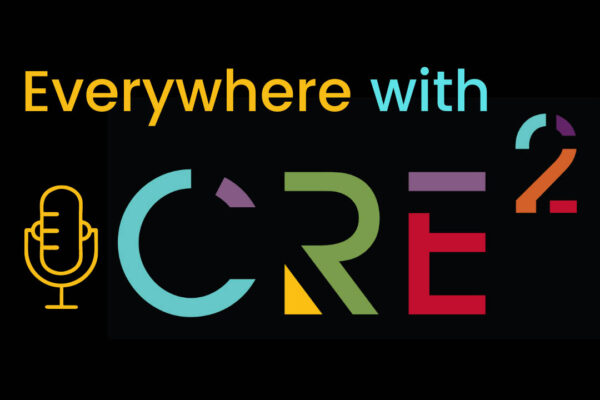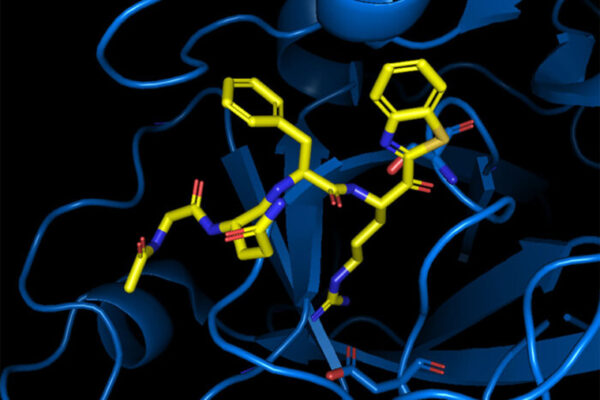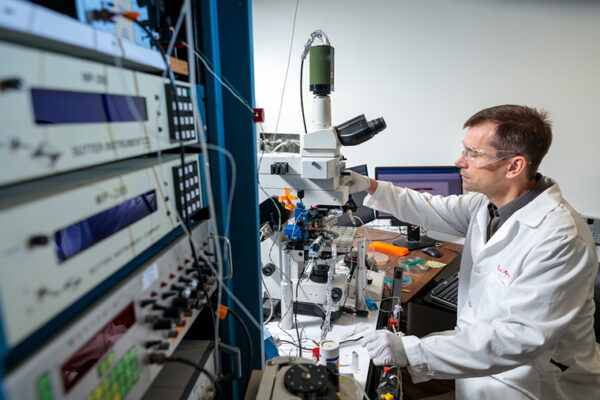CRE² launches podcast
The Center for the Study of Race, Ethnicity & Equity has launched a new podcast, “Everywhere with CRE².” The podcast plans to explore research from center faculty and fellows and dive deep into issues affecting St. Louis and the world.
Stellar fossils in meteorites point to distant stars
Nan Liu, research assistant professor of physics in Arts & Sciences, is first author of a new study in The Astrophysical Journal Letters that analyzes a diverse set of presolar grains with the goal of realizing their true stellar origins.
Antiviral compound blocks SARS-CoV-2 from entering cells
School of Medicine scientists have developed a compound that prevents SARS-CoV-2 and related coronaviruses from entering cells. The researchers are collaborating with the NIH to test the compound in animal models of COVID-19.
Islands are cauldrons of evolution
Islands are hot spots of evolutionary adaptation that can also advantage species returning to the mainland, according to a study led by biologist Jonathan Losos in Arts & Sciences, published the week of Oct. 11 in the Proceedings of the National Academy of Sciences.
The new-new kids on the block: hybrid lizards
New research from the laboratory of Jonathan Losos begins to unravel one of the major mysteries of invasion biology: why animals that tend not to hybridize in their native range abandon their inhibitions when they spread into a new land. The study is published the week of Oct. 11 in the Proceedings of the National Academy of Sciences.
Framework for evaluating AI-based medical imaging method outlined
As artificial intelligence becomes more incorporated into the medical field, rigorous evaluation of these methods is needed before they are introduced into clinical practice, a team led by Washington University researchers Abhinav Jha and Barry Siegel, MD, proposed.
$12.2 million to fund new Conte Center to study neurosteroids
The National Institute of Mental Health has awarded Washington University School of Medicine a $12.2 million grant to create a center aimed at advancing research into neurosteroids as treatments for depression and other psychiatric disorders.
Meet the Class of 2025
Meet five students randomly captured in an August photo at Francis Olympic Field. They possess different interests, enjoy different subjects and have different aspirations. Yet they all chose Washington University for the same reason: the people.
Chang’e-5 samples reveal key age of moon rocks
A lunar probe launched by the Chinese space agency recently brought back the first fresh samples of rock and debris from the moon in more than 40 years. Now an international team of scientists, including Bradley Jolliff in Arts & Sciences, has determined the age of these moon rocks at close to 1.97 billion years old.
Author Williams to give in-person reading
Acclaimed author Joy Williams returns to Washington University on Thursday, Oct. 14, for a special in-person reading from her new novel, “Harrow.”. Afterward, David Schuman in Arts & Sciences and a former student of Williams, will interview the author about her long career.
View More Stories









